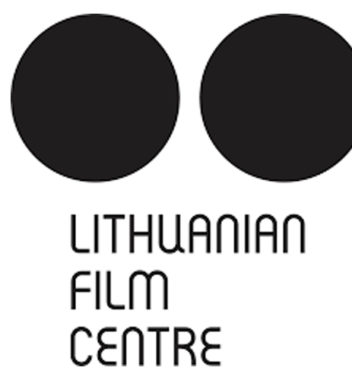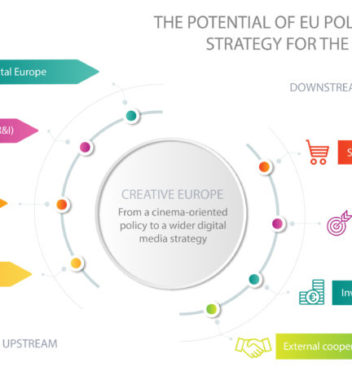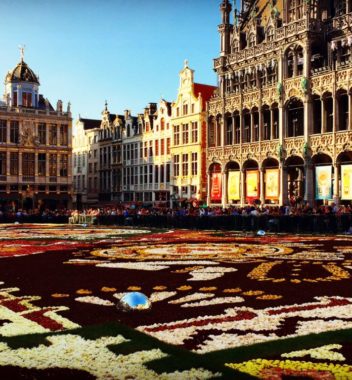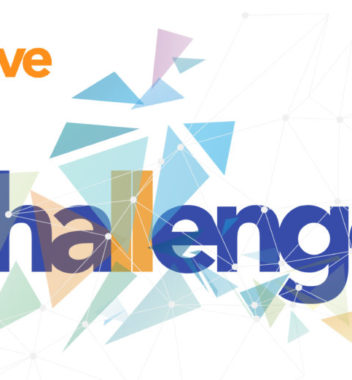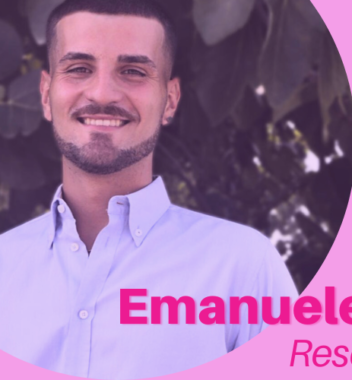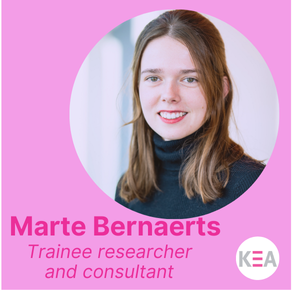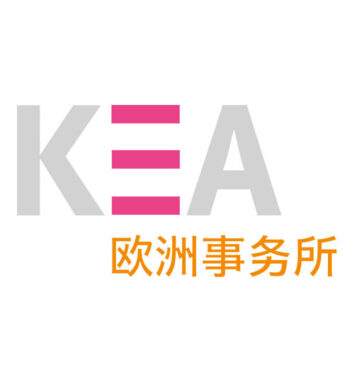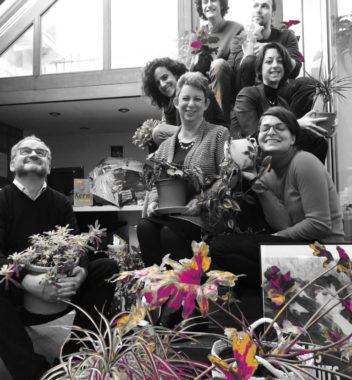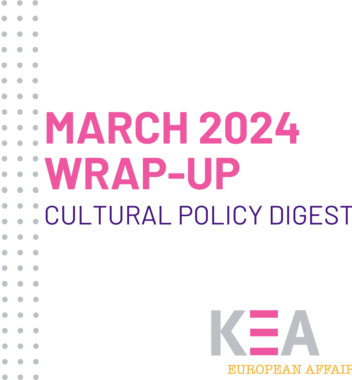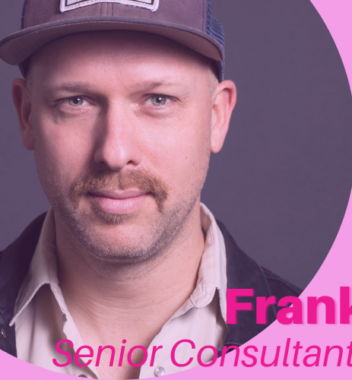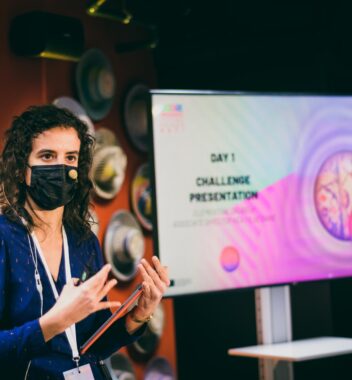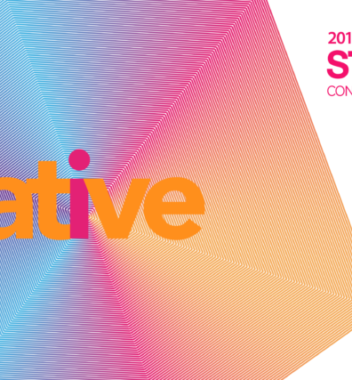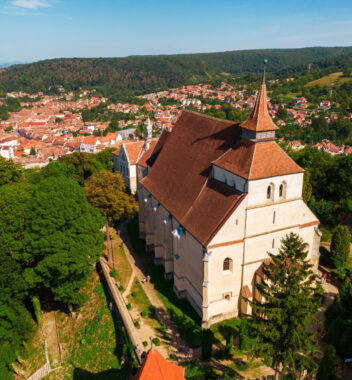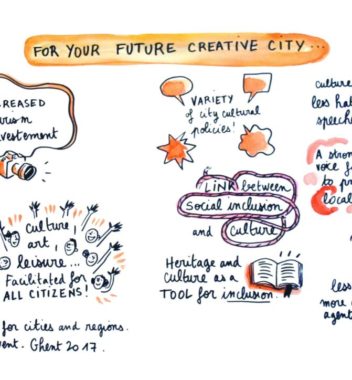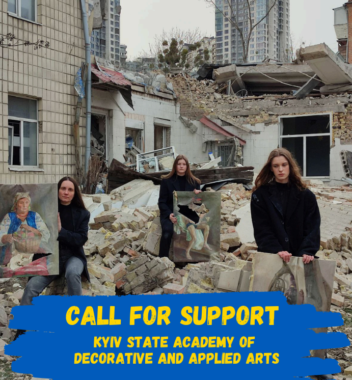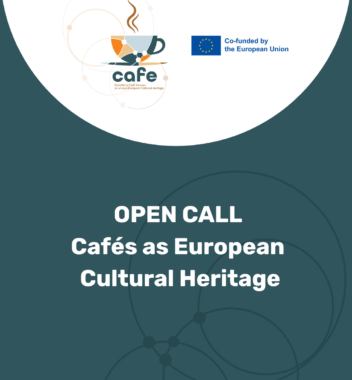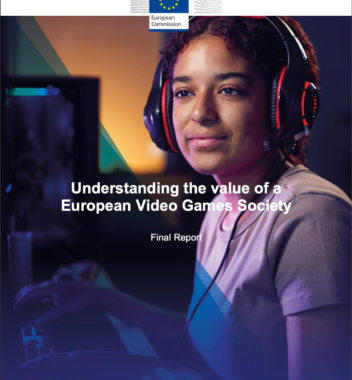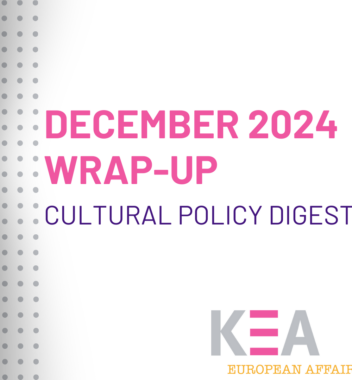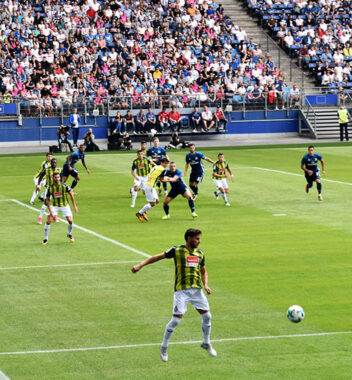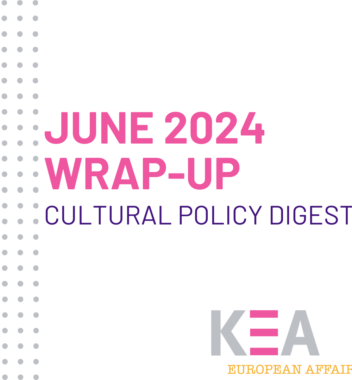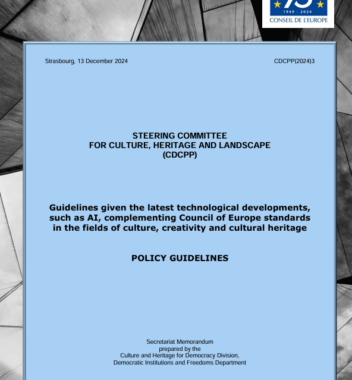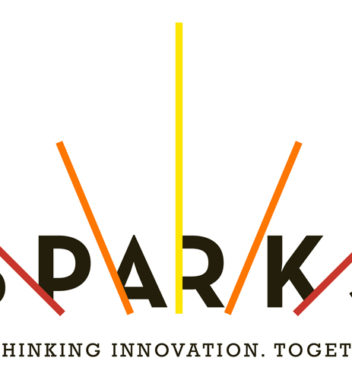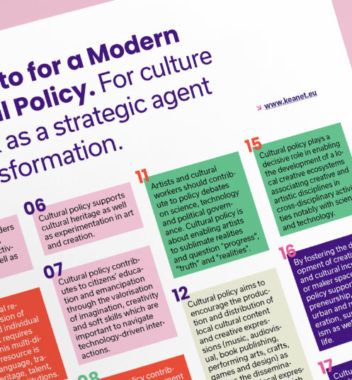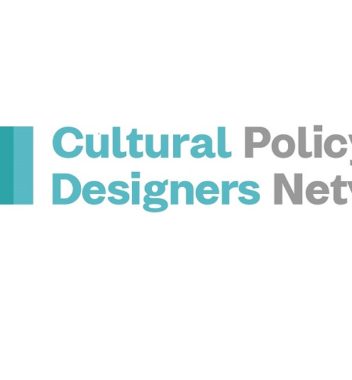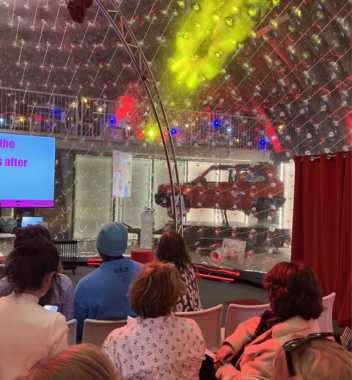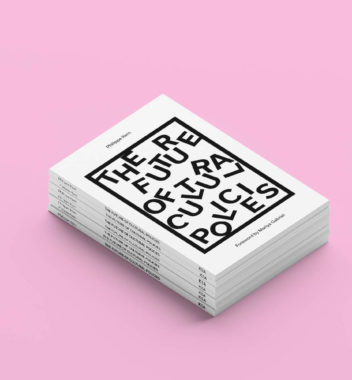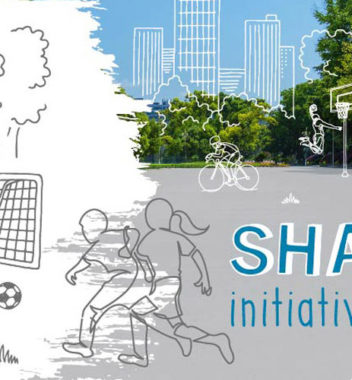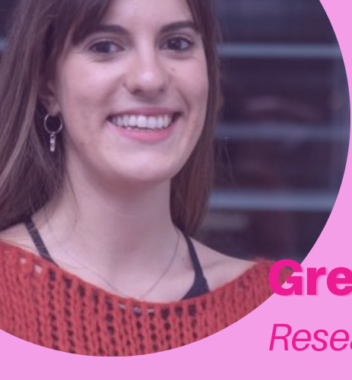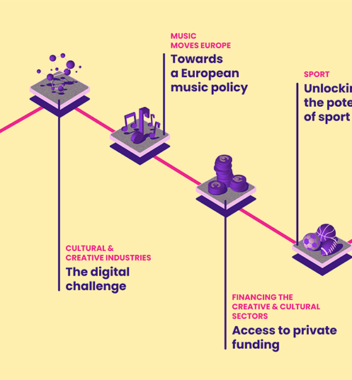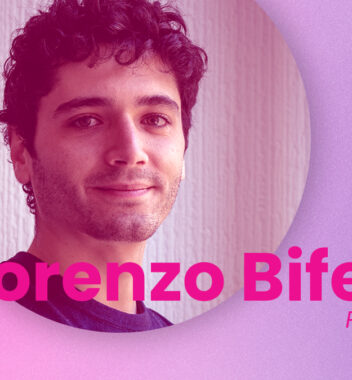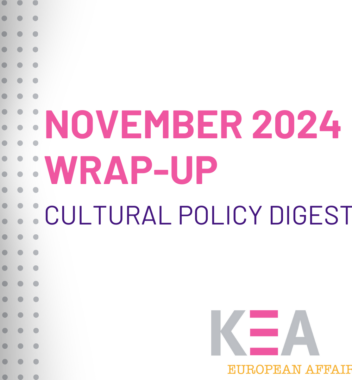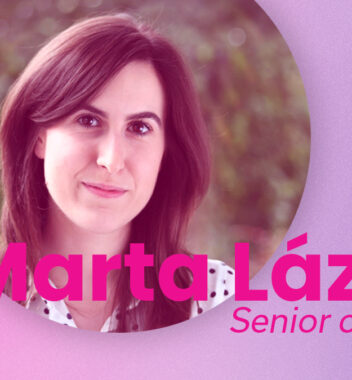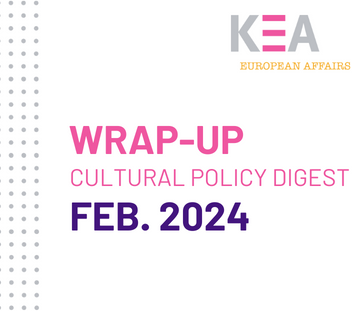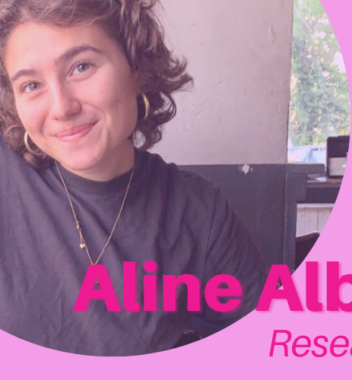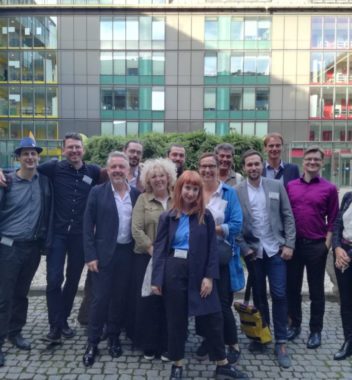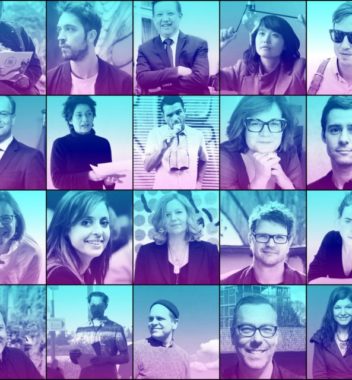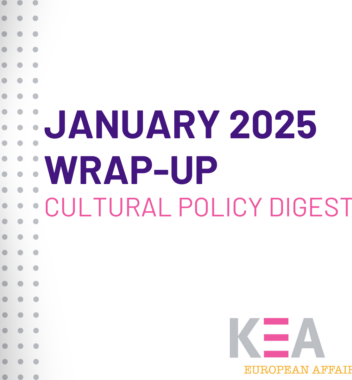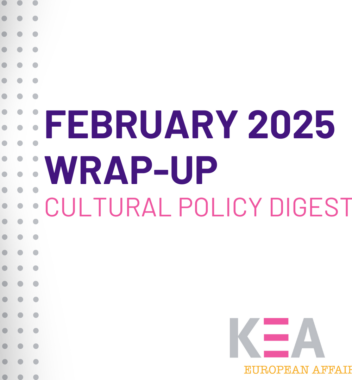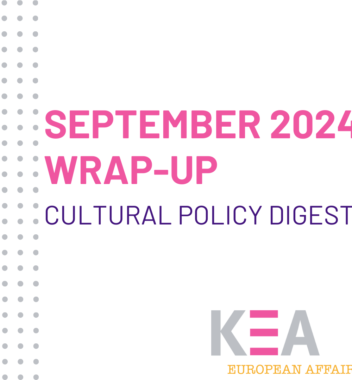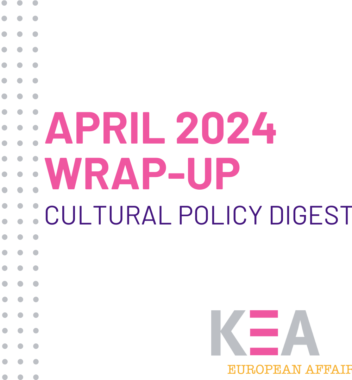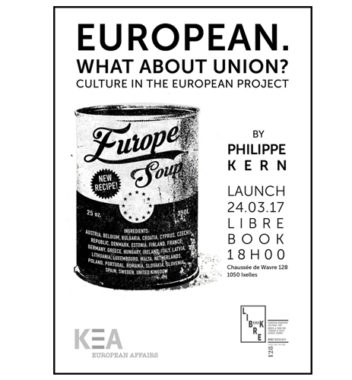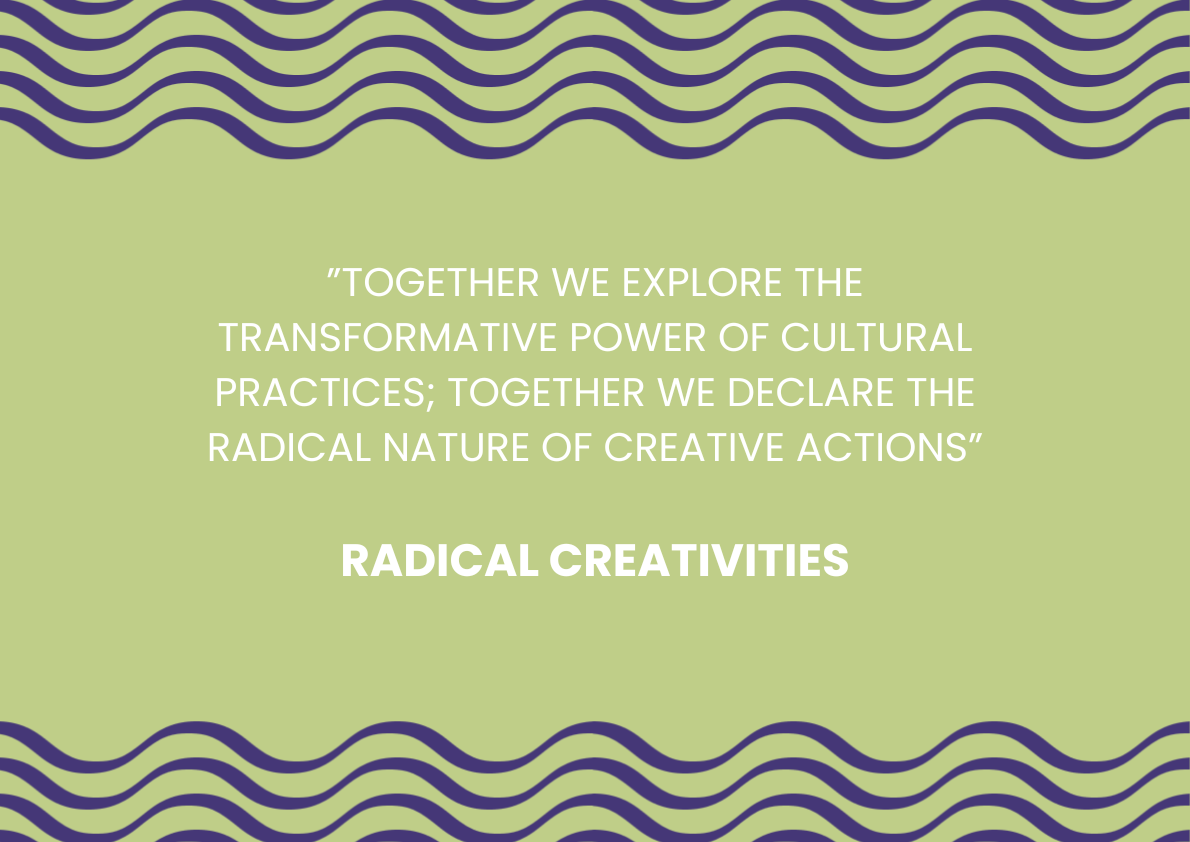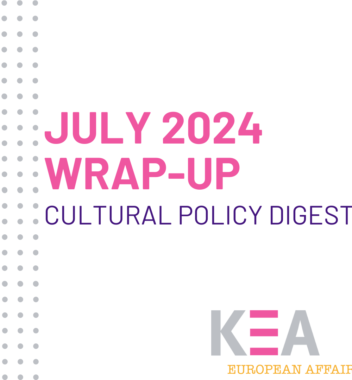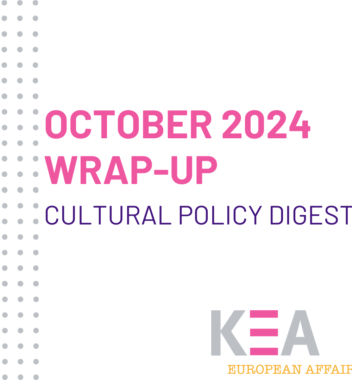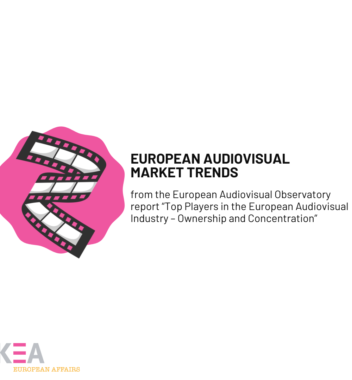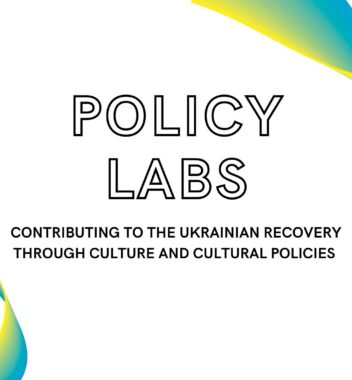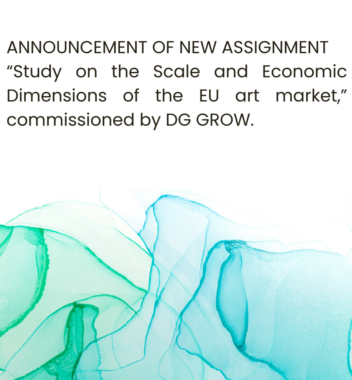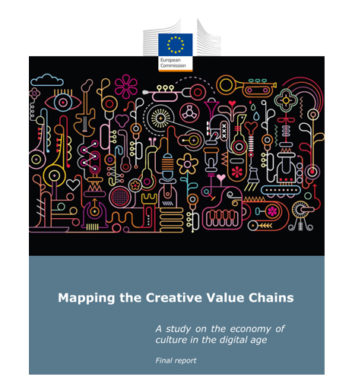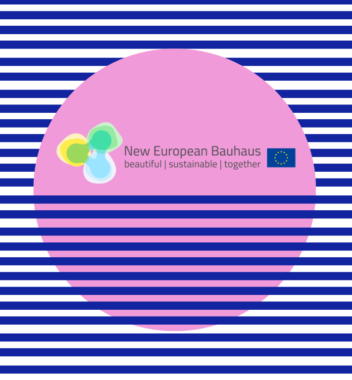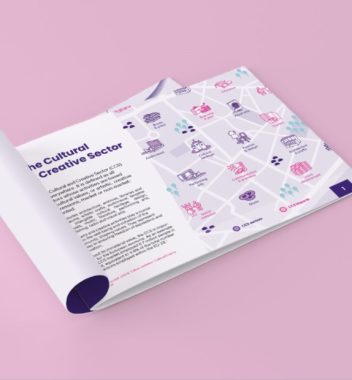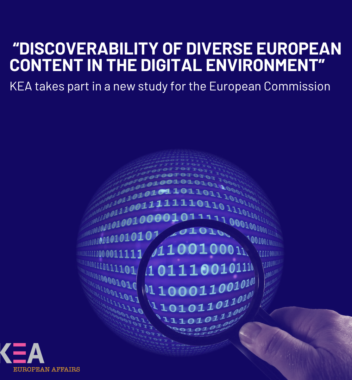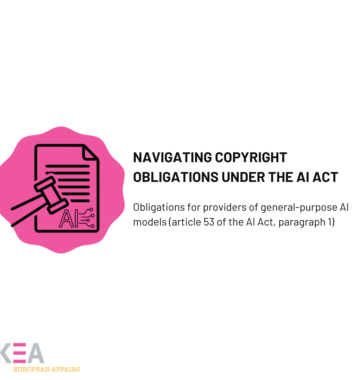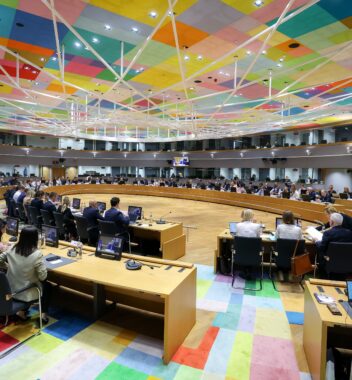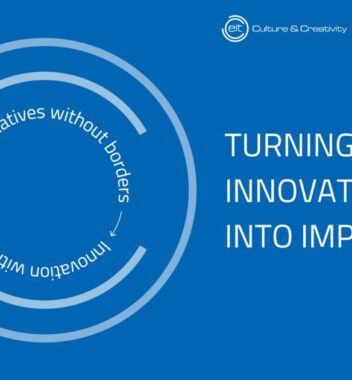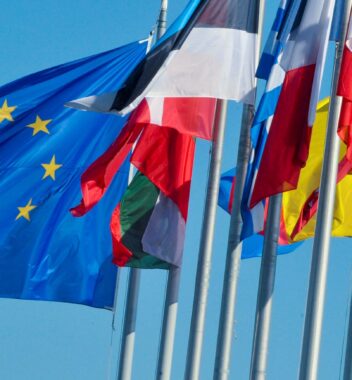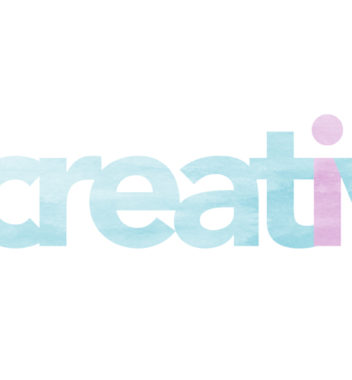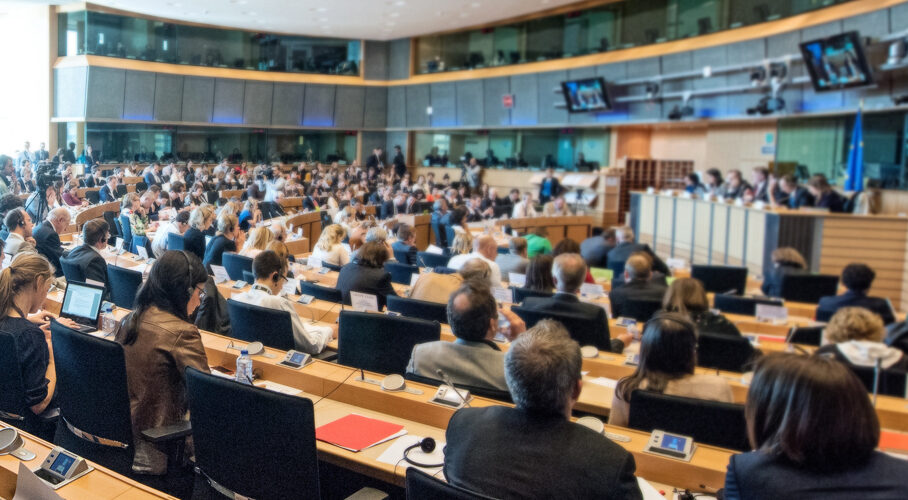
After Commission President Ursula von der Leyen announced her envisioned next College of Commissioners last 17th of September, it was the European Parliament’s turn to evaluate the suitability of the 27 Commissioners-to-be.
The first step of this confirmation process was a check on designates’ possible conflicts of interest in relation to their portfolios. Once the parliamentary Legal Affairs Committee concluded this examination in a positive manner, the path was cleared for the designates’ confirmation hearings. These parliamentary hearings took place between the 4th and 12th of November. The Commissioners-designate were evaluated on their suitability for the proposed position by one or more parliamentary committees.
Here are the hearings’ most relevant insights for the Cultural and Creative Sectors (CCS), as well as Sports:
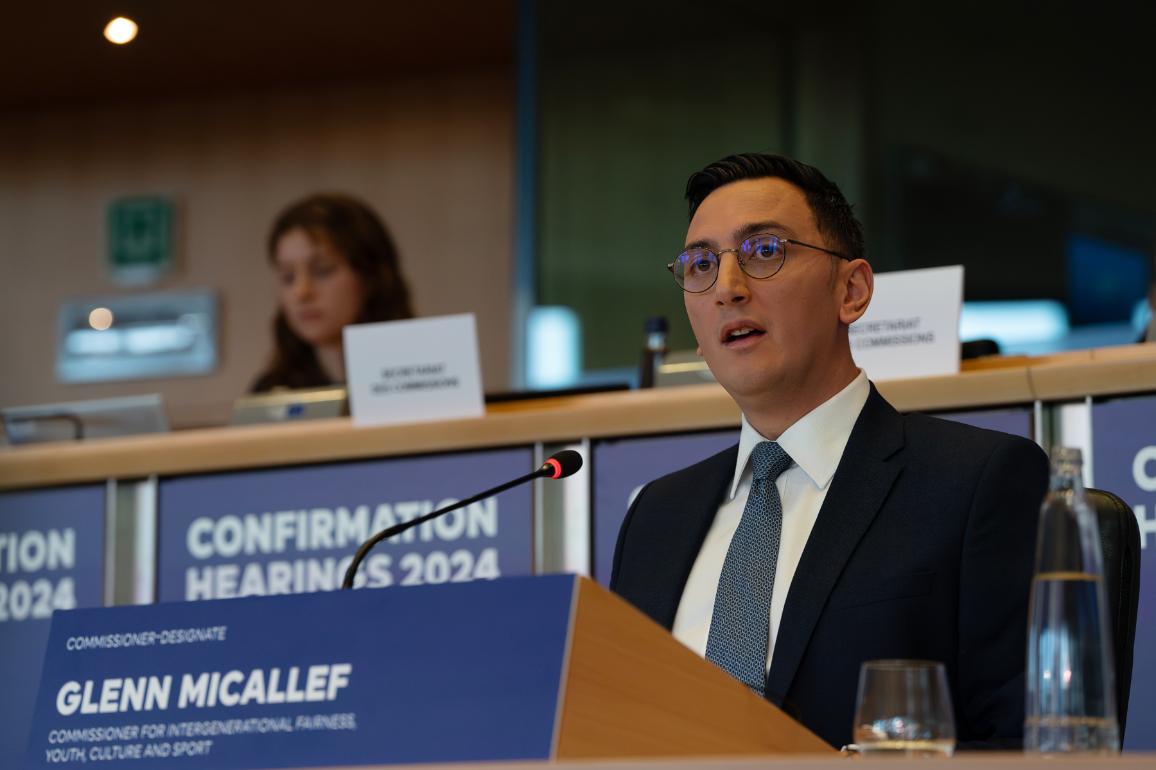
Glenn Micallef during confirmation hearing 2024 ©European Union, 2024 – Source: EP
Glenn Micallef, Commissioner-designate for Intergenerational Fairness, Youth, Culture and Sport
Micallef’s portfolio is perhaps the most relevant one for the CCS and sports,. The Commissioner-designate was put to a test by the Committee of Culture and Education on the 4th of November 2024. Micallef’s written answers, published before the hearing, served as the basis for the discussion.
While the discussion primarily focused on Intergenerational Fairness and Youth, several key issues relating to the CCS and Sport sector were addressed. If confirmed, Micallef wants to promote a more strategic approach to culture in order to harness the competitiveness of the industry. Among other measures, he wants to strengthen the European Sport Model to promote European values and tackle Europe’s health crisis.
Importantly, Micallef acknowledges the information gaps in the CCS and the quick turnover of data. He therefore wants to guarantee that data is current by updating the framework of cultural statistics to allow for evidence-based action. Gathering this data is necessary to work on improving the working conditions of artists and CCIs professionals, one key mission he was entrusted with in his mission letter. In the first months of his mandate, Micallef plans to organise high level round tables to assess the current situation and determine data gaps. He also intends to organise annual thematic workshops with member states to keep this topic high on the agenda.
As for the intended methodology, Micallef suggested the use of Eurobarometer and ‘other initiatives’. In our understanding, this challenge could be effectively addressed through the establishment of initiatives such as the Cultural Creative Sector (CCS) Observatory, developed as part of the Horizon Europe Cicerone project. The CCS Observatory was designed to facilitate the exchange of knowledge and data within the CCS by addressing the fragmentation that results from operating in industrial silos. Employing a cross-silo approach, it examines the CCS through the lens of production networks, recognizing the increasingly interconnected nature of collaborations that transcend traditional industrial classifications. Combined with quantitative evidence, this approach would make it possible to capture the full range of spill-over effects and added value generated by the CCS, as well as facilitate evidence-based policymaking in this sector
With regard to the use of AI in the CCS, Micallef wants to develop a strategy that enhances human creativity, embraces change, and boosts competitiveness. All this while ensuring the ethical use of AI and clearly labelling AI-generated content as such.
For Micallef, sport has an educational, social and political role. It is therefore important to recognise the autonomy of sports organisations, the value of sporting merits based on a system of promotion of relegation, redistribution and solidarity between elite and grassroot sports, and the role of volunteers. He intends to work together with member states to develop Health Enhancing Activity Recommendations. He aims to promote the idea of prescribing cultural activities—such as art, music, literature, and theater—as therapeutic tools to support mental health and well-being, much like traditional medical or psychological treatments.
Micallef sees strong potential synergies in cross-departmental collaborations, as all of the portfolios and policy areas are interlinked. He especially looks forward to collaboration with Roxana Mînzatu, the Executive Vice-President-designate for People, Skills and Preparedness.
Roxana Mînzatu, Executive Vice-President-designate for People, Skills and Preparedness
Roxana Mînzatu was heard by the Committee on Employment and Social Affairs, and by the Committee on Culture and Education, on the 12th of November.
Like Micallef, Mînzatu emphasised the need to work across departments, and to collaborate with the Commissioner-designate for Intergenerational Fairness, Youth, Culture and Sport.
She wants to see sport mainstreamed into more policies. In her view, sport means preparedness and health, both physically and mentally. Sport has the capacity to be used as a tool for social inclusion. Therefore, she wants to support the mainstreaming of sports’ policies and initiatives, with particular attention to young people and people with disabilities.
When asked how the arts can contribute to creativity, resilience and human-centred thinking in these times of social challenges, Mînzatu replied that it is critical to not leave the arts in the shadows. The focus on STEM is due to the shortage of these skills. However, she wants to pilot and to recommend a synergy between STEM and the arts:
“[B]ecause without critical thinking, without the ability to function socially and to have the general culture that is necessary, [one] cannot really make the best use of [one’s] own talents, potential or even knowledge.”
Ekatarina Zaharieva, Commissioner-designate for Start-ups, Research, and Innovation
On November 5, 2024, Ekaterina Zaharieva, the Commissioner-designate for Start-ups, Research, and Innovation, underwent her confirmation hearing before the European Parliament’s Committee on Industry, Research, and Energy (ITRE).
Zaharieva began by outlining her commitment to fostering a robust innovation ecosystem within the EU. She emphasized the importance of supporting start-ups and scaling up innovative enterprises to enhance Europe’s global competitiveness. In this regard, the CCIs remain at the forefront of innovation. Especially artificial intelligence-based startups are particularly prevalent within these industries, highlighting the commitment of the CCIs to embrace cutting-edge technologies. CCIs stand out among the top industries attracting digital tech startups. At the same time, CCIs also face significant demand for moderate to advanced digital skills, with an important amount of job advertisements asking for this knowledge. For the digital transition in the CCIs, it is therefore necessary to address this skills gap.
Zaharieva pledged to maintain the European Research Council’s autonomy and support its expansion to foster groundbreaking research. She further proposed enhancing the European Innovation Council’s role in high-risk investments, particularly in strategic technologies crucial for the EU’s competitiveness. If elected, Zaharieva’s mandate will also see an increase of AI adoption in research. This will push the CCIs, early adopters of innovation, to an all-encompassing embrace of new technologies.
Importantly, Zaharieva discussed plans to propose an Europan Research Agenda (ERA) act aimed at reducing fragmentation and promoting the free movement of researchers, knowledge, and technology within the EU. In addition, Zaharieva wants to propose an ambitious budget for the next framework programme. She praised the effectiveness of Horizon 2020 and showed commitment to strengthening research investment in Europe – through “radical simplification and clear priorities”.
How this will affect the CCIs remains to be seen. What is clear is that Horizon has funded significant academic projects concerned with culture and sports in the past, and that continued investment into research can only be positive for the sectors.
Henna-Virkkunen, Executive Vice-President-designate for Tech Sovereignity, Security and Democracy
Virkkunen’s confirmation hearing on the 12th of November was marked by questions on European competitiveness in the technology sector in relation to the United States’ prevalence. Particularly, questions circled around how the Digital Services Act will regulate the social media platform ‘X’ (previously known as Twitter), and how this in turn might influence the country’s support to NATO.
On the AI front, the focus has shifted: The priority now lies in speeding up the sector, instead of regulating it. As previously observed, Virkkunen’s work on this issue will significantly affect Micallef’s work, should both of them be confirmed. For more information on what the CCIs are doing to navigate AI uncertainties, click here.

